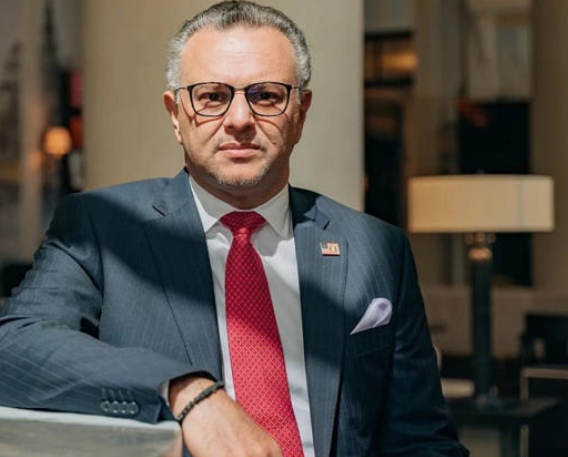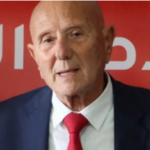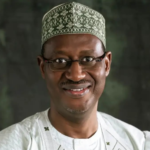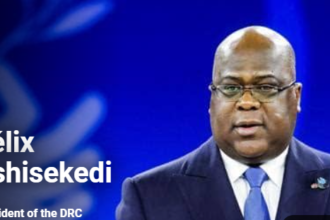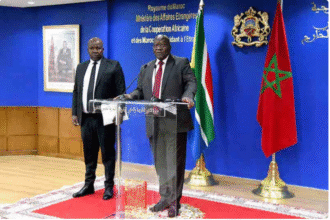By Emily Sims
Washington D.C. – Massad Boulos, special advisor to President Donald Trump on African affairs, has clarified the U.S. position regarding the Western Sahara, following initial comments that sparked debate over Washington’s continued role as a mediator in the ongoing conflict.
In an interview with Saudi channel Al Arabiya on Friday, Boulos emphasized that while the U.S. recognizes Moroccan sovereignty over the Sahara, this does not equate to a withdrawal from its mediation efforts. He acknowledged the plight of Sahrawi refugees in Algeria, stating that “200,000 Sahrawi refugees living in Algeria are still waiting for a definitive solution,” a figure disputed by Moroccan authorities.
The clarification came shortly after Trump’s son-in-law appeared to reaffirm the stance of unequivocal U.S. recognition of Moroccan sovereignty. He shared a U.S. State Department communiquĂ© from April 8th on X, formerly Twitter, following a meeting between Moroccan Foreign Minister Nasser Bourita and Senator Marco Rubio in Washington.
The April 8th communiquĂ©, also echoed by Boulos in a subsequent interview with Medi1 TV on Saturday, reiterated the Trump administration’s support for “a lasting solution without delay, based on the Moroccan autonomy initiative as the only framework for negotiating a mutually acceptable outcome.”
Boulos further emphasized the robust Moroccan-American partnership in promoting peace and security, highlighting the leadership of both former President Trump and King Mohammed VI. He described Morocco as a “key partner” in the region, reaffirming its strategic importance to the United States.
“Morocco is a brotherly country, an ally, and a strategic partner of the United States. We look forward to deepening these relations even further,” Boulos stated.
These statements suggest the U.S. continues to navigate a complex diplomatic landscape in the region, balancing its recognition of Moroccan sovereignty with its commitment to a negotiated settlement and addressing the humanitarian concerns of the Sahrawi people. The situation in Western Sahara, and the role of external actors like the U.S., remains a sensitive and closely watched issue.


